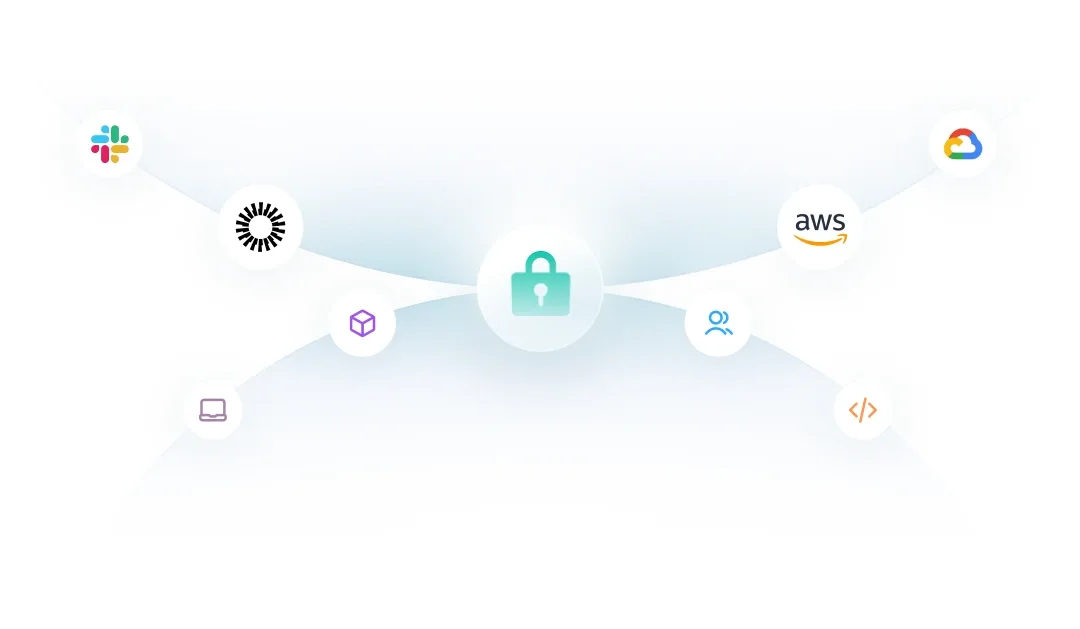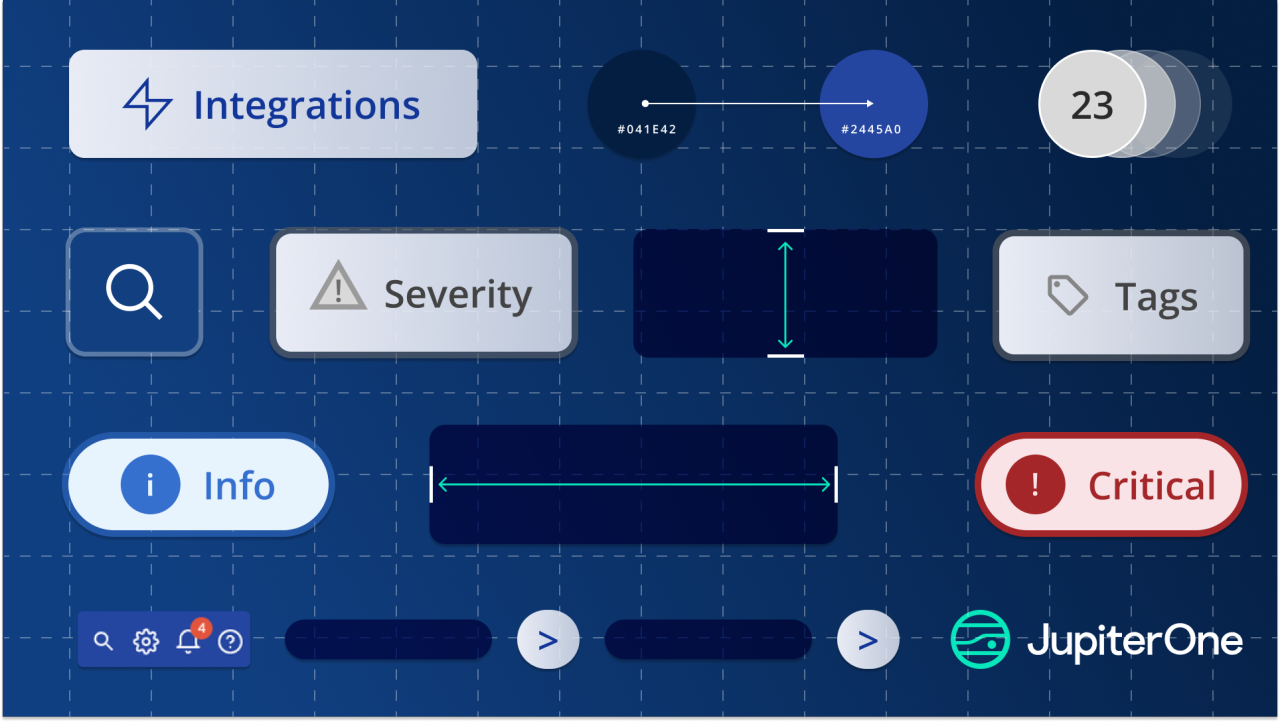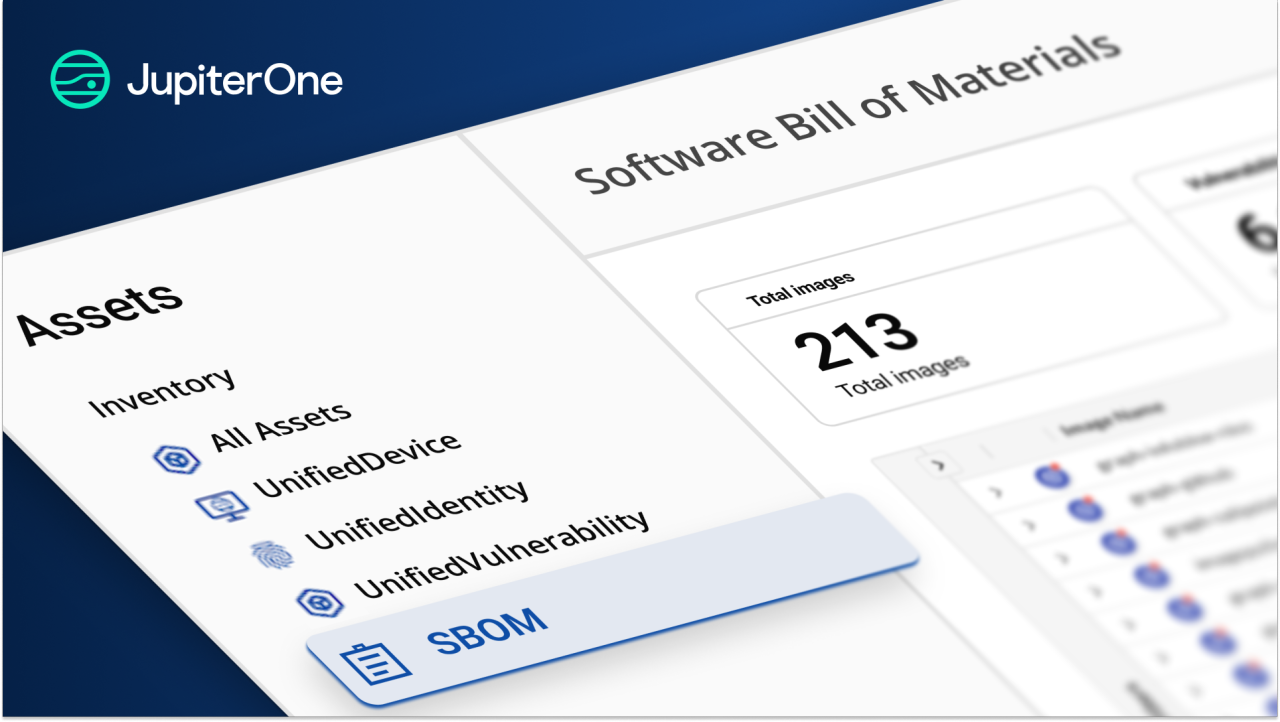Azure role-based access control (RBAC) allows for expressive access policies through the use of Azure role assignments. Azure role assignments are nodes that link three distinct constructs in Azure:
- Principals: Users, Groups, and Service Principals
- Role Definitions: Actions allowed or disallowed
- Scope: Specific resources or collections of resources that a Principal is allowed to access
With three arbitrary relationships to target entities, Azure role assignments are well modeled as a graph of entities and relationships:

The role assignment's scope makes it difficult to do full access reviews at the resource level, because access granted at the resource group, subscription, or management group level also allows access to a given resource. Luckily, the JupiterOne Azure integration builds relationships across all of these levels, giving J1 users a complete view of their Azure role-based access.
In the example below, the JupiterOne graph viewer shows all of the groups and users that have access to the key vault j1-production-keys, along with their role. All developers in the Developer group have Reader access to the JupiterOne management group, which also grants them Reader to this key vault. However, the Hacker user has been assigned Key Vault Administrator to this key vault, exposing this key vault to direct mutation.

Querying for RBAC access is acheived through J1QL's unique optional traversals (syntax: (THAT HAS *)?). The syntax allows users to identify any ALLOWS relationships between an azure_role_assignment and a target resource by way of management groups, subscriptions, or resource groups.
Which users, groups, or service principals are assigned a role that allows access to the j1-production-keys key vault?
FIND azure_keyvault_service
WITH name = 'j1-production-keys'
(THAT HAS azure_resource_group)?
(THAT HAS azure_subscription)?
(THAT HAS azure_management_group)?
THAT ALLOWS azure_role_assignment
THAT ASSIGNED
(azure_user|azure_user_group|azure_service_principal) as principal
RETURN TREE
Using this query structure, JupiterOne users can expressively interrogate their Azure environments for vulnerable access controls. See the following sample queries to help you get started.
Can any users or groups read the value of a secret in any key vault?
Users should never have access to secrets in production accounts.
FIND azure_keyvault_service
(THAT HAS azure_resource_group)?
(THAT HAS azure_subscription)?
(THAT HAS azure_management_group)?
THAT ALLOWS azure_role_assignment
WITH dataActions = 'Microsoft.KeyVault/vaults/secrets/getSecret/action'
THAT ASSIGNED (azure_user|azure_user_group) as principal
RETURN TREE
Are there any users that are granted direct access to resources?
User access should always be granted via membership in groups. Direct access is often a proxy for elevated privileges, and should be discouraged.
FIND * as any_resource
(THAT HAS azure_resource_group)?
(THAT HAS azure_subscription)?
(THAT HAS azure_management_group)?
THAT ALLOWS azure_role_assignment
THAT ASSIGNED azure_user
RETURN TREE
Do any guest users have access to the j1-production-keys key vault?
Guest users should have no access to the production key vault. Use an optional traversal to enumerate users with direct access as well as users who have access as part of a group.
FIND azure_keyvault_service WITH name = 'j1-production-keys'
(THAT HAS azure_resource_group)?
(THAT HAS azure_subscription)?
(THAT HAS azure_management_group)?
THAT ALLOWS azure_role_assignment
THAT ASSIGNED (azure_user|azure_group) WITH userType = 'Guest'
(THAT HAS azure_user WITH userType = 'Guest')?
RETURN TREE










